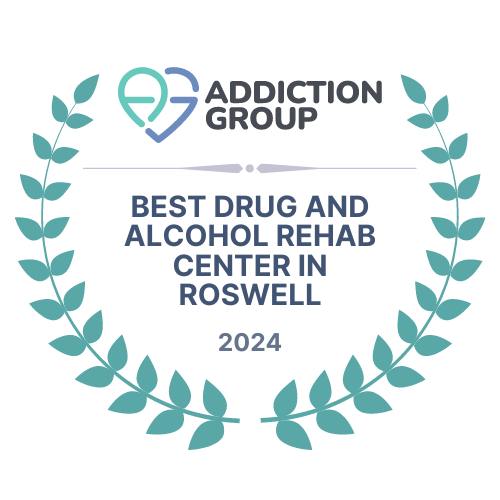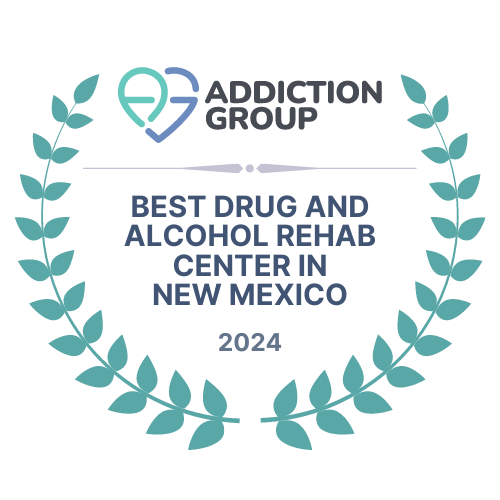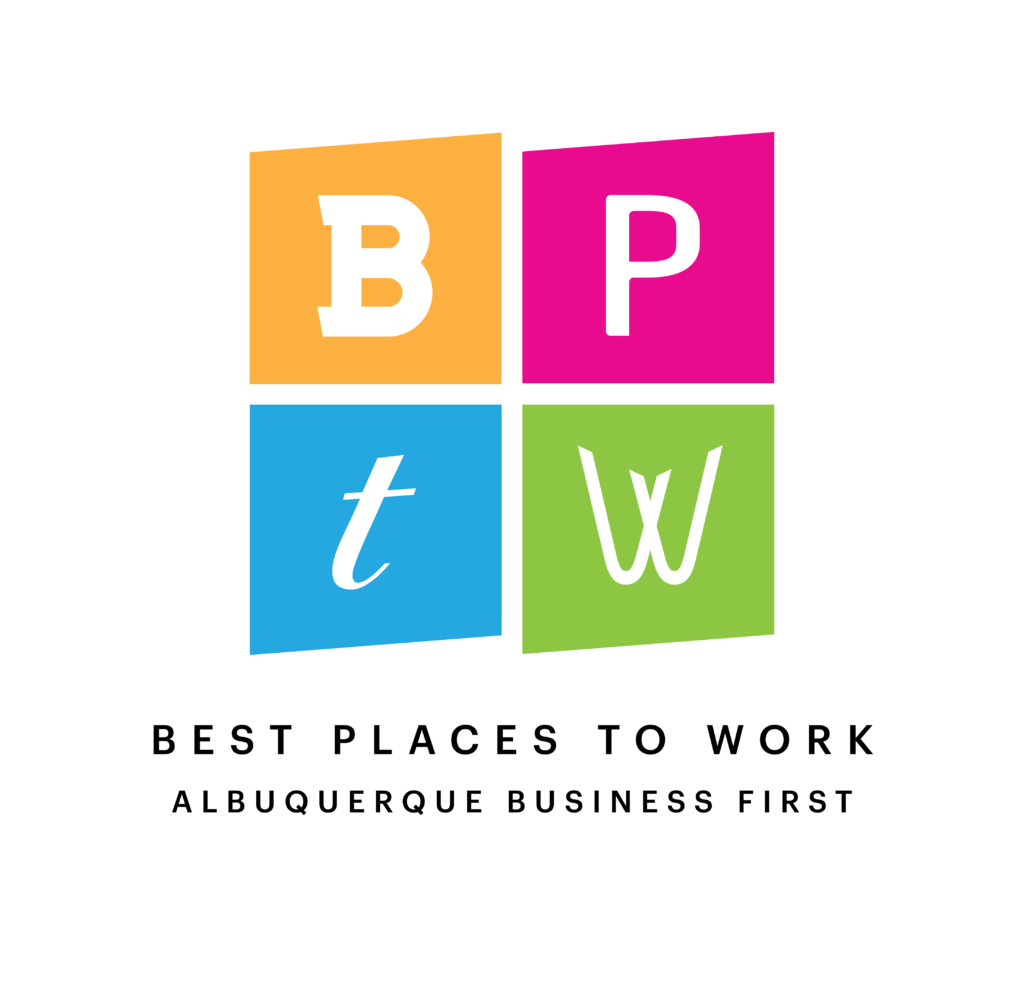For individuals released from prison, battling the chains of Opioid Use Disorder (OUD) adds an extra layer of complexity to their journey of reintegration. While various treatments exist for OUD, Sublocade, with its monthly extended-release formula, stands out in its potential to offer a sustained lifeline. But with the promise comes the challenge: ensuring that those who need Sublocade can access it seamlessly as they transition from prison bars to the world outside. Let’s dive into this realm, understanding the obstacles and charting out the possibilities.
The Need: Why Sublocade Matters in Post-Prison Recovery
After stepping out of the controlled prison environment, individuals face many challenges—establishing a daily routine, reconnecting with loved ones, finding employment, and more. Amidst these hurdles, managing OUD can often take a backseat.
Sublocade, a once-a-month injection, reduces the daily hassles associated with medication. It offers:
- Consistency: Ensures steady medication levels, avoiding the highs and lows of daily doses.
- Adherence: Reduces the risk of missed doses and relapses, thereby aiding recovery.
- Discretion: Monthly clinic visits allow individuals to undergo treatment without drawing undue attention to their medical condition.
Logistical Challenges: The Bridge from Bars to Clinics
However promising Sublocade might be, several barriers make its integration into post-prison recovery challenging:
- Knowledge Gap: Many prison facilities and inmates might be unaware of Sublocade as a viable treatment option.
- Limited Availability: Not all medical facilities offer Sublocade, making its accessibility post-release an issue.
- Cost Implications: The monthly doses, while convenient, might be financially burdensome for some, especially those freshly out of prison.
Success Models: Lessons from the Ground
The silver lining in this landscape is the handful of successful models that show how these challenges can be surmounted. The “Pathways to Recovery” initiative in Ohio stands out. This program collaborated with local MAT clinics to ensure that individuals were initiated on Sublocade while still incarcerated. Upon release, they were connected to community clinics, ensuring a seamless transition. The results? Higher adherence rates, fewer relapses, and a stronger foundation for societal reintegration.
Recommendations: Making Sublocade the Norm, Not the Exception
For Sublocade to be a standard offering in post-prison recovery, the following steps might be instrumental:
- Educate and Advocate: Inform inmates, prison staff, and officials about the benefits of Sublocade. Equip them with information to make enlightened choices.
- Forge Partnerships: Establish collaborations between correctional facilities and MAT clinics to create a cohesive care pathway from initiation to continued treatment post-release.
- Financial Assistance: Explore subsidies, insurance coverage expansions, and partnerships with pharmaceutical companies to make Sublocade affordable for all.
- Broaden Availability: Encourage more MAT clinics to offer Sublocade, especially in regions with higher ex-inmate populations.
Conclusion
The journey from the confinements of prison to the expansive world outside is riddled with challenges. When you add OUD to the equation, the path becomes even more treacherous. Sublocade, with its monthly dosing advantage, can be the bridge that supports this transition. By acknowledging the challenges, learning from success stories, and taking proactive steps, we can weave Sublocade into the fabric of post-prison recovery. A stitch in time, as they say, can save nine. And in this context, it can save lives, destinies, and futures.








